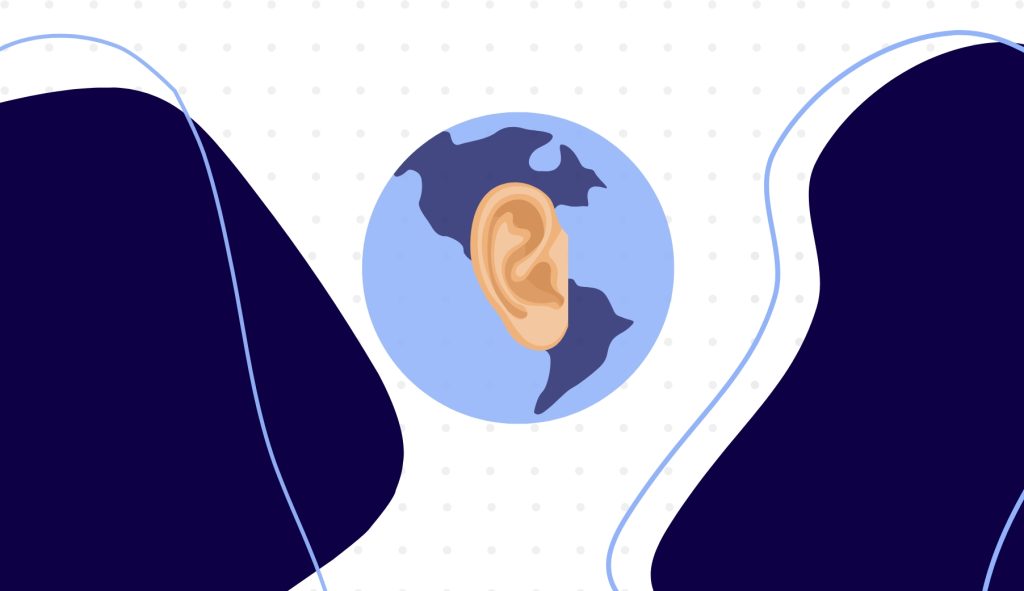How You Can Help Promote and Participate in World Hearing Day This Year
The Origins of World Hearing Day
World Hearing Day (originally called International Ear Day) was developed by the World Health Organization (WHO) back in 2007 to “raise awareness about deafness.” Since then, World Hearing Day has evolved to promote greater awareness about different types of hearing loss within our communities, to work with governments and organizations to prevent noise-induced hearing loss, and to promote a greater emphasis on ear care worldwide.
The Importance of World Hearing Day
World Hearing Day is a reminder that noise-induced hearing loss is preventable through treatment and safe listening practices. It also shines a light on the importance of creating fewer barriers to accessibility as well as other health issues that are linked to hearing loss.
According to WHO, by 2050, an estimated 2.5 billion people worldwide will experience some form of hearing loss. A recent study by BMJ Global Health estimated “over one billion people between the ages of 12 – 34 are at risk for noise-induced hearing loss.” Read more in our recent blog.
Noise-induced hearing loss is a highly preventable health condition, yet it often goes untreated due to accessibility issues, costs, and a lack of awareness. For example, only one in four adults in the United States that would benefit from a hearing aid have ever used one. Read more in our recent blog. One of the reasons for this discrepancy is due to often hit-or-miss insurance policies for hearing tests and treatments. It wasn’t until recently that the FDA approved affordable over-the-counter hearing aids in an attempt to bridge the gap between hearing loss and access to treatment.
A greater emphasis must also be placed on how hearing loss affects more than just your ears. In recent years, researchers have been studying the connection between hearing loss and cognitive decline. They found that individuals who experience hearing loss also have an increased risk of dementia and depression. In fact, your likelihood of suffering from dementia doubles if you also experience hearing loss.
The World Hearing Day Theme for 2023
This year, the World Health Organization’s Hearing Day theme – “Ear and hearing care for all. Let’s make it a reality!” – is to focus on how the majority of ear and hearing problems (60%) could be addressed at the primary care level. Under this theme, the WHO hopes to direct attention to four main areas:
- Seeking the attention of government leaders to advocate for the integration of ear and hearing care into primary health care and insurance plans.
- Encourage the inclusion of training programs on ear and hearing care for primary health care providers.
- Direct the attention of primary health care providers toward the needs of those experiencing hearing loss or ear disease.
- Work to inform the general public about the importance of ear and hearing health and encourage everyone to schedule yearly audiology appointments.
Conclusion
As the number of people who experience hearing loss continues to rise, our communities need to emphasize treatment options and accessibility solutions for those with hearing impairment. Help celebrate this World Hearing Day by advocating for more inclusive access to hearing tests and aids and encouraging safe listening practices within your workplace and community.
If you want to improve accessibility for your next webcast, broadcast, or onsite event, visit Caption Pros to learn more about our award-winning captioners and services.







